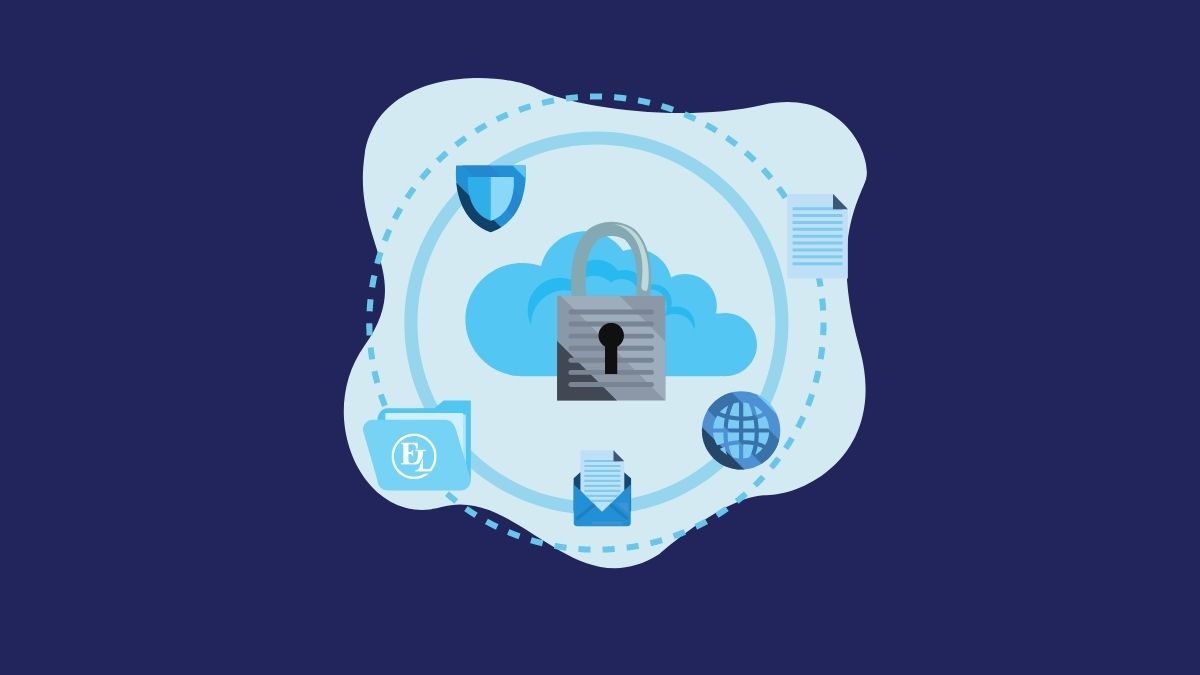We can all agree that the pandemic has turned our lives upside down. And although it was exciting to work from home at the beginning, as time passed by, we were becoming aware of the disadvantages of remote work as well. One of the weaknesses of remote working is enterprise data protection.
So, if your business has shifted to a remote work model, you should focus on enterprise data protection. There are plenty of file-sharing methods out there, but not all of them can ensure enterprise data protection. To avoid cybercrime, be sure to employ the following secure file share practices.
3 ways to initiate enterprise data protection
When companies are switching over to remote work, they are afraid of the possibility of hacking or security breaches. But fortunately, you can ensure enterprise data protection by implementing these five tips.
Email phishing
Remote employees send a lot of emails back and forth to their co-workers, managers, and clients. It’s possible that an employee could fall victim to an email phishing scam if they aren’t careful. To ensure enterprise data protection, teach your employees to use a reputable email platform that helps automatically filter out spam messages that could have malware, untrustworthy links, or downloadable files.
Securing Wi-Fi and desktop with passwords
Ask your employees to change and strengthen their passwords on their Wi-Fi and desktop computer for that extra level of security. Inform them that using public Wi-Fi could leave them open to a cyberattack, but a VPN or file sharing server can protect them as long as they remain online. Employees should change their passwords regularly to avoid potential breaches.
Backing up files
Most employees will have a thumb drive or a separate hard drive where they can keep duplicates of client files. Every person at the company must have a copy of each client document if a hard drive becomes corrupted or the file is deleted by accident. Your employees could also upload these files to an encrypted Cloud sharing platform.
3 essential processes to ensure enterprise data protection
Once your organization has numerous operating units based in different locations, your needs clearly become more complicated than a one-location business with one IT department. To ensure enterprise data protection, make sure you apply the following tips to your business.
Best practices for organizing work remotely
Use the following tips to ensure you don’t get confused after switching to a remote office.
- Folder structuring: Create separate folders for different departments, projects, and types of information. Keep things simple and straightforward.
- File naming: Decide on a common naming convention. For example, you could name a folder like this: Client Name, Date, Work Type, Draft/In-Progress/Final.
- Tagging: Use different tags to look up the product, department, or the purpose of the project, like “internal use only” or “brochure.”
- Granular permissions: Some of your documents will contain sensitive information, so it’s essential to tag employees who have access to these files. Password managers: Use password management tools to keep work-related passwords safe in one place with a possibility to share necessary data with your colleagues. .
Sharing a local file server over the internet
If you already have a local file server setup, you can quickly turn it into an Internet file share server. Remote workers are consistently involved in internal and external company functions, and they may need to visit customers to show them data locked on a central file server. You’ll need a file sharing solution based on the on-premise file server; your workflow depends on it. With a file-sharing server, users can create a mapped drive without using a VPN, can lock files, provide mobile sharing and folder access, all from a web browser-based interface.
Share files with a VPN
Conclusion
Cyber attacks can bring major damage to corporate IT infrastructures and result in substantial data leaks. That being said, you should definitely focus on enterprise data protection, starting with these practices that can be done by you and your employees.
In the end, if you are unlucky and a victim of a security breach, make sure you act properly so you can minimize the damage.
More must-read stories from Enterprise League:
- Learn how to deal with rude customers in a creative way.
- All the reasons why we should support local businesses and shop local.
- Guerrilla marketing ideas: 15 creative ideas that will make you go viral.
- Learn about the negative effects of micromanagement and how it can lead to severe consequences.
- 23 business lessons coming from real-life experience.
Related Articles
10 business tips for beginners to help you build a healthy brand
Starting a business can be quite the challenge especially if you’re all new to entrepreneurship. These business tips for beginners will help you set off on the right foot.
SEO writing: Five foolproof tips to secure you the first page
When it comes to SEO writing it’s more guessing and less evidence about what works and what doesn’t. Luckily, we know what can really help you reach the first page.
How to onboard a new employee: Tips for quick integration
Your guide to smoother employee onboarding where you will find practical strategies that help new hires feel welcome and become productive team members faster.
10 business tips for beginners to help you build a healthy brand
Starting a business can be quite the challenge especially if you’re all new to entrepreneurship. These business tips for beginners will help you set off on the right foot.
SEO writing: Five foolproof tips to secure you the first page
When it comes to SEO writing it’s more guessing and less evidence about what works and what doesn’t. Luckily, we know what can really help you reach the first page.






